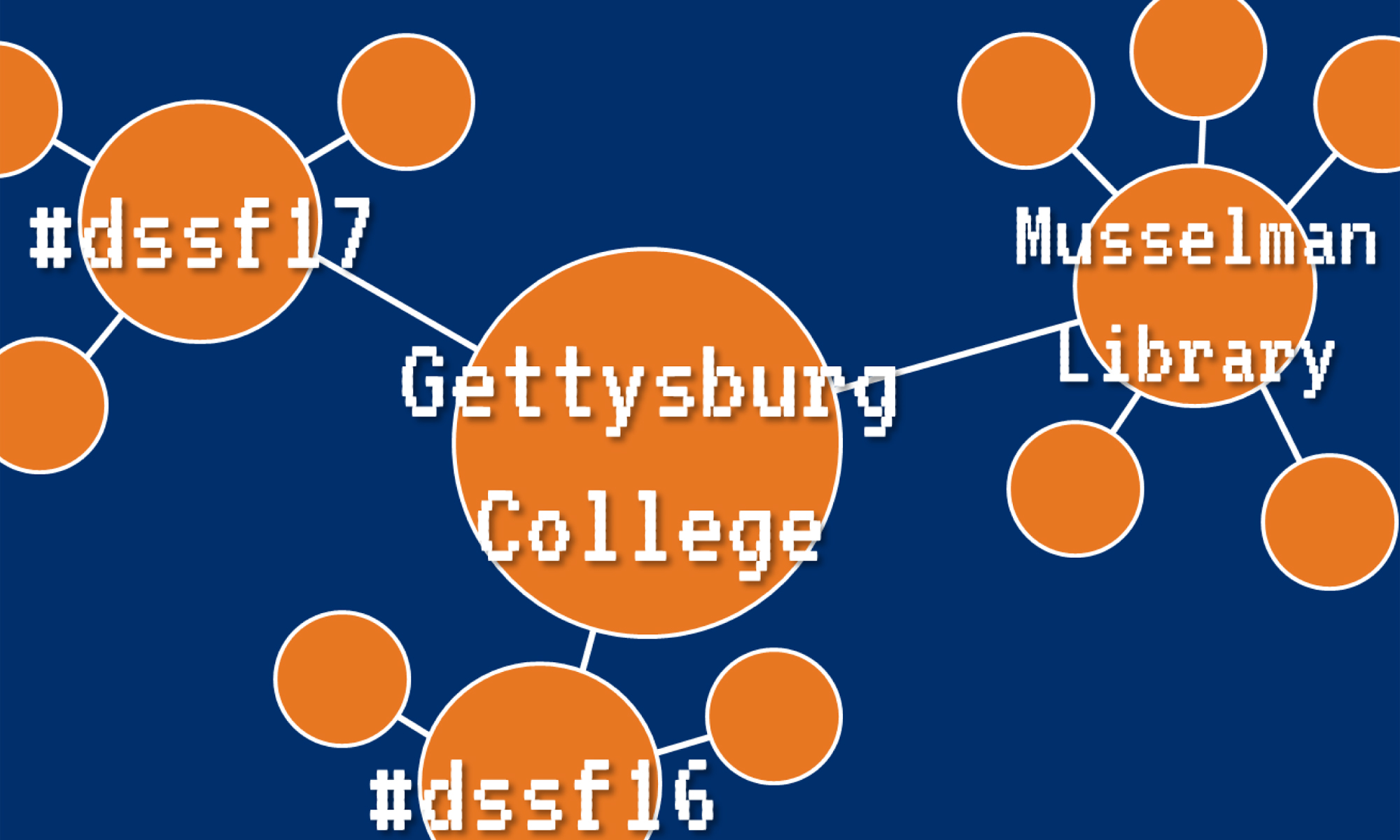According to Google, the definition of the word resistance means the refusal to accept or comply with something; the attempt to prevent something by action or argument. Applying the definitions that Google has provided to digital scholarship, I believe that digital scholarship only applies to the first part of the definition. From everything I have learned throughout the year, digital scholarship seeks to not accept or comply with the standards of tradition. Rather, we digital humanists seek to break and “resist” the traditional narrative. However, digital scholarship does not completely fit the second half of the definition. Digital Humanities does not prevent arguments or actions but rather, welcome a diverse group of voices and narrative.
The reading “Pedagogies of Race: Digital Humanities in the Face of Ferguson” directly applies the idea of resistance to the field of Digital Humanities. The writers of this article resist a number of things throughout the text. The first part of the article sought to resist the current digital project model that required a very high degree of expertise and knowledge. They acknowledge the fact the DigitaHumanitieses can be very exclusive and even at times a privilege. To break the mold they decided to “select technologies with low entry points to encourage a range of participation”. The article also discusses using digital humanities to break down traditional narratives and topics. White Violence, Black Resistance is a collaborative project that resists the traditional historical narrative and strives to “digitize a broad set of primary documents related to interactions of race and power” and recover long forgotten histories of black towns and spaces in Texas and the University.The project definitely puts the idea of resistance into practice.
The article also challenges the readers to “encourage students to understand how points of resistance in their own work, in the historical narrative, or the technical interface reveal crucial moments of engagement and insight”. This quote does apply to the work we digital humanities do, but in a much larger context, this applies to all academic scholarship. As scholars, we are taught to interrogate and reflect on what we are learning. Being able to resist and challenge our own work, historical narratives, and technical interface makes us better scholars.
Throughout the entirety of the Digital Scholarship program at Gettysburg College, I think we have applied the idea of “resistance” to our own individual and collaborative projects. But I am not sure if the word “resistance” is the correct word to use to describe what we have done here. Rather, I would like to use the word “challenge”. I think we have challenged our ideas of scholarship and even at times digital humanities, through open discussion and collaboration. We have also challenged the traditional historic narratives through our individual research and projects.
Through my own work and experience, I have definitely been challenged and challenged others. By collaborating with multiple professors and students, I hope I have been able to challenge their view of digital scholarship and digital tools. My project this summer seeks to challenge and break the traditional historic narrative. I am working with a set of photographs of Native students from Carlisle Indian School. I specifically want to challenge the traditional narrative of the Native American History and the legacy of the Carlisle Indian School. Researching and planning this project has definitely had its challenges. My biggest concern is how to accurately and respectfully present these photographs and people. I definitely have my own set of biases and that I need to address and investigate. But I hope to continue resisting and challenging my own work and scholarship.
Best Wishes,
Keira

Challenge is a great word here. There’s a lot of baggage with resistance right now, and this chapter was written before the election, so I think resistance as a concept has changed a lot and moved to an even more political realm.